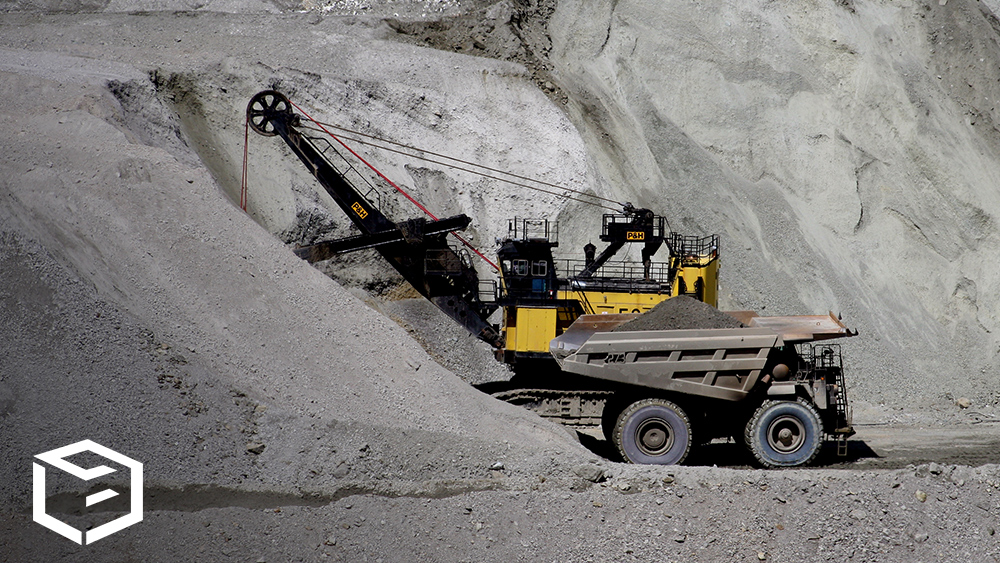
If you’re wondering what geotechnical engineering is, then this is the right place for you.
Geotechnical Engineers are recognized as Profession Civil Engineers that have become knowledgeable in advanced studies through educational classes and practical experience followed by a state exam. These additional studies could include soil and rock mechanics, the stability of natural and man-made slopes, hydrology/water seepage analyses, deep foundation design, embankment, and tunnels. Geotechnical engineering uses the scientific method with the aid of earth science principals to derive a proper understanding of the site conditions and risks that may be present.
The term “geotechnical” encapsulates both the scientific, theoretical half and the practical half of the discipline, which will be explored later. During their investigation, geotechnical engineers look at the mechanics of the rock and soil, as well as the hydrogeology, geology, and geophysics of a specific area. Mainly, geotechnical engineering is critical for the planning and designing of proposed construction.
What is the scientific perspective of using geotechnical engineering? Geotechnical engineering is useful in how it gathers data about the different stratum of the earth – namely, the soil’s properties, such as collapsibility and strength. The collection of such data is a necessity for practical engineering work such as building and construction.
Without the data a geotechnical consultant can acquire about the foundation on which a construction site is building, the health and safety of every employee on a worksite may be compromised. Moreover, if the soil of the foundation isn’t right for the building type, this could damage the construction at any stage, costing more time, money, and effort than initially planned.
Another reason geotechnical engineering is becoming of greater importance is because of growing sustainability issues. Society is becoming increasingly worried about the fragility of the environment around us. Thus, before construction work takes place, inspections should be carried out to ensure that the ground is stable enough to begin work.
If you and your company are considering a geotechnical engineer for your construction site, get in touch with us at G3SoilWorks today! Our team of helpful and knowledgable consultants can advise you on many environmental matters, to make your project in Southern California more profitable and efficient.
Follow, engage, learn. Stop by our blog to see what’s happening at G3SoilWorks.
G3Soilworks – a full service geotechnical/ engineering geologic consulting firm serving clients since 2009 and delivering expert solutions with our highly experienced team and specialized consultants.
G3SoilWorks
350 Fischer Avenue Costa Mesa, CA 92626
Tel. 714.668.5600
E. info@g3soilworks.com